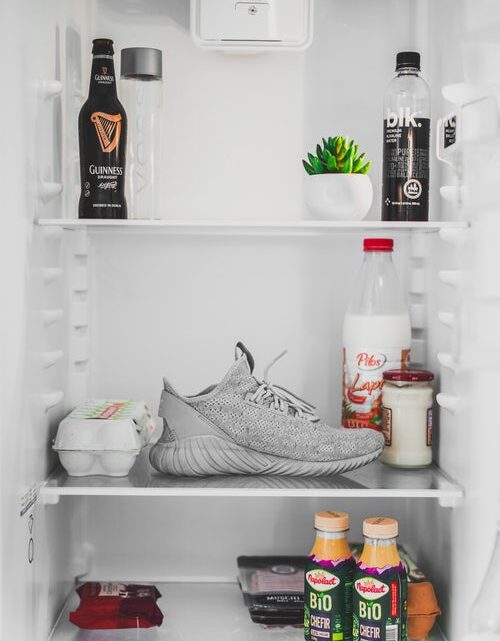
Warning Signs Your Heat Pump Needs Attention
March 7, 2023In most homes, the heating and cooling system is a crucial element that must be included. Since a massive portion of the population is dependent on heating and cooling throughout the year, it’s vital that efficient air conditioning is in place. Heat pumps are frequently mentioned as an example of popular and efficient heating, ventilating, and air-conditioning (HVAC) equipment.
Your home will remain comfortable year-round if you purchase a top-quality heat pump. If it’s working correctly, you will be able to enjoy better indoor air quality and won’t have to pay high energy bills. A solid system will not only require fewer repairs, but it also improves the quality of air inside the structure.
Recognizing Heat Pump Issues
Regular maintenance is essential for all HVAC and air conditioning systems, including heat pumps. It is also susceptible to issues that could arise due to its high usage, particularly during the warm months of summer and winter. This text will teach you everything you must know about heat pump issues and the best way to know whether your system is functioning correctly.
1. Poor Airflow
The function of a heat pump is to supply conditioned air for indoor use. Two of the most commonly used comfort options are air conditioning in the summer and central heating in the winter. The poor quality of air is the result of a malfunctioning heat pump.
In most cases, heat pumps do not have enough airflow due to dirty air filters: the air filter traps particles and dirt from entering your home. Sooner or later, this becomes blocked and will need to be replaced or cleaned. It is also possible that a faulty motor or dirty coils for evaporators are to blame for the lack of airflow. An experienced HVAC technician should be contacted by visiting their website to conduct maintenance.
2. Unusual Noises
If your heater is failing, it might start making strange noises. Each sound is different and often indicates a specific problem with your system.
If your heating unit makes an eerie sound, it likely has an unfinished part bouncing around. The most common causes are nuts or fan blades, which have fallen off. When you hear this noise, shut off the heating system immediately to avoid further harm. As time passes, wear and tear on any gadget will cause things like covers to become loose. As the screws get looser, the panels start to move and then make crackling sounds when the heat source is on. If you’re looking for rebates on heat pumps, you can search online for companies offering such services.
3. Strange Odors
The odors that make you uncomfortable could be coming from your ductless mini split heat pump, which you may not be aware of. Be sure to check the air quality from your heating unit regularly. The unpleasant and distinctive smell could indicate that your heat pump needs to be maintained.
The heat pumps with musty odors will likely be contaminated with mildew and mold. Overheated or electrical problems can cause burning or fishy odors. However, a sulfurous-like rotten egg smell implies a leak in the refrigerant. A blocked drain or a complete condensate drain creates a smell of sewerage. If your house smells like dirty socks, it’s likely because the Evaporator coils inside your air conditioner are filthy.
4. High Energy Bills
The rising energy cost is one of the vital warning signs to look for. The experts from the HVAC industry suggest annual maintenance visits twice a year as the minimum requirement for maximum performance. Putting off heat pump maintenance can cause it to consume more power than it needs to.
The greater the monthly expenses, the greater the power consumption of the heat pump. A more incredible amount of power is required to maintain the temperature desired in the room every month. Plan an HVAC tune-up if you notice an increase in your energy bill.
5. Poor Temperature Control
Your home in summer and the warming of it during winter are the two primary functions that a heat pump is designed to serve. If this is not the case, it is a problem.
For instance, your heat pump may begin to blast warm air in the summer. In the winter, it might begin to blast cool air. This signifies that the unit needs to be fixed or maintained to return to its normal functions.




